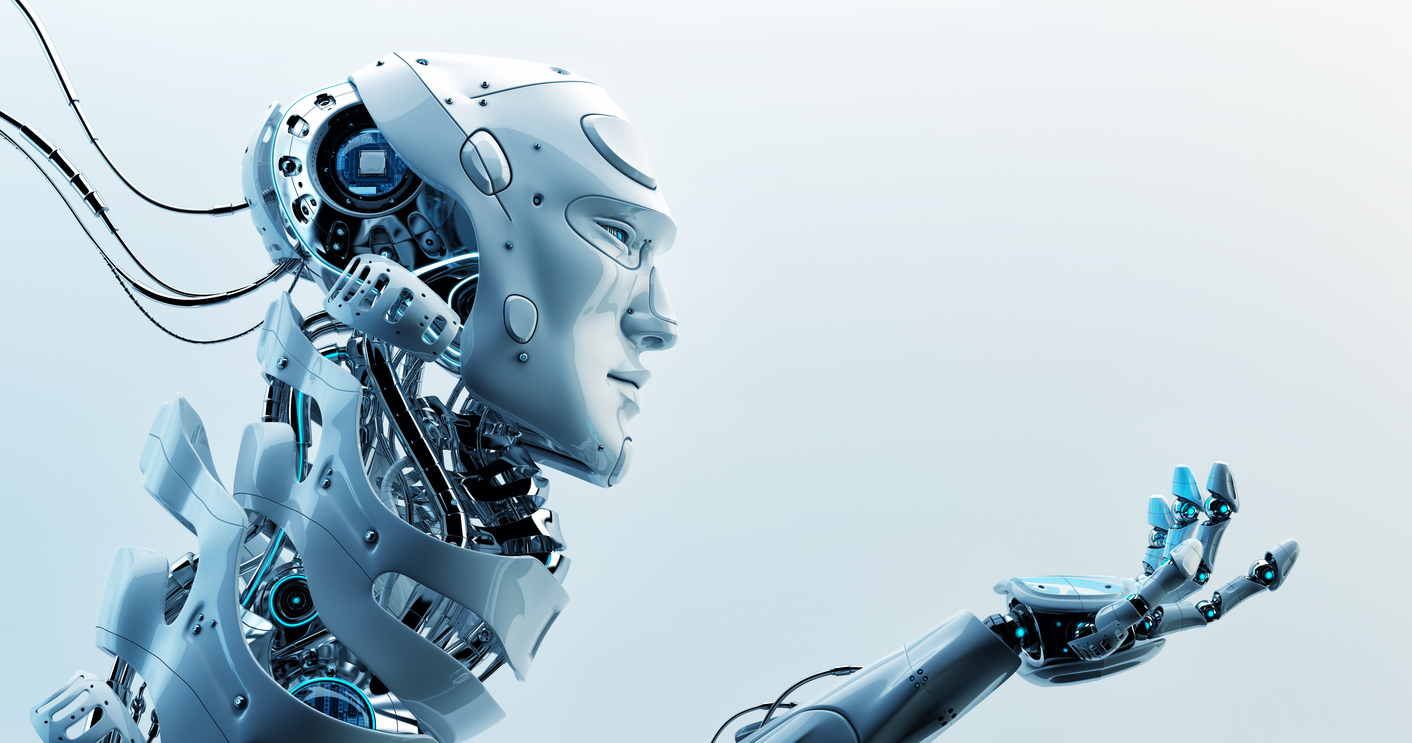
The loss of jobs to robots in the years just ahead is an unsettling development for many. Yet the newly elected President of France, Emmanuel Macron, says he is going to modernise France in the next 5 years. And if Donald Trump is going to put America first, does he include American robots? The numbers are scary.
“Within two decades half the jobs in this country may be performed by robots”.
So said one of the most readable US analysts who is also not inclined to hype – John Mauldin. In past decades and centuries new technology created as many new jobs as it destroyed. It certainly wasn’t always seamless. Think about the inner city docks, derelict for decades – but eventually new jobs of some sort were created, though too late for unemployed dock workers.
Such transition involves pain. The machine-smashing Luddite movement of the 19th century wasn’t against new technology. They were against:
“the new logic of industrial capitalism, where the productivity gains from the new technology enriched only the machines owners”
And the workers saw no monetary benefit.
It is not always easy to visualise what replacement jobs will be created by new technology, that’s a given. But it does seem particularly difficult right now. Look at a busy road near you. Most of the traffic during the day is commercial – what will those drivers of lorries, vans, and taxis do for a job in 10-20 years?
If you take Elon Musk at his word (he of PayPal, SpaceX, and Tesla) within 5 years companies will be able to buy completely electronic self-driving trucks. If that is the case, do you think that within 10 years any profitable company will still be employing drivers?
This won’t be confined to drivers and burger-flippers, far from it.
Any job which relies on a process can be robotised. A huge volume of legal work is driven by a clear process, as any law student that was paying attention will attest. This was illustrated by a robot lawyer created by a London-born 19 year old Stanford student. Called “DoNotPay” it successfully appealed against 160,000 parking tickets in London and New York in a 21 month period.
Within 100 years (they won’t give in easily!) the Law Society might be as relevant as the Worshipful Company of Tallow Chandlers.
As John points out, we went from 80% of the working population being on farms in 1820 to a little over 1% today. But while those massive changes took place over 200 years, the extraordinary changes ahead could take place over just 20 years.
As productivity is transformed in many industries, opportunities will not just persist but grow. A good number of companies will get smarter. As investment advisers that is good news for us and you. Nonetheless we should also be braced for wrenching social and political changes – it won’t always be easy to separate heat from light.
Macron will be trying to solve problems which other countries dealt with decades ago. How will the intransigent French unions respond to the extraordinary technological advances emerging now and in the years ahead? It is difficult to visualise a smooth path for France for many years to come.
As for the Trump America… Well at least we’re far enough away that we can enjoy the action. He has put the “real” back into Reality TV.
FURTHER READING